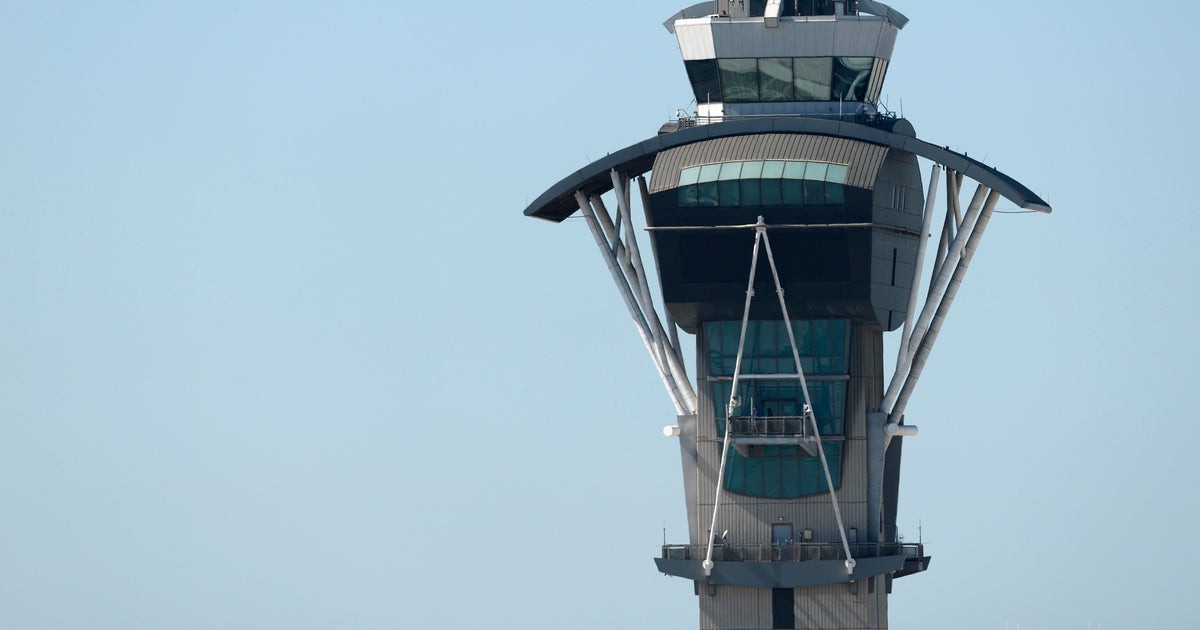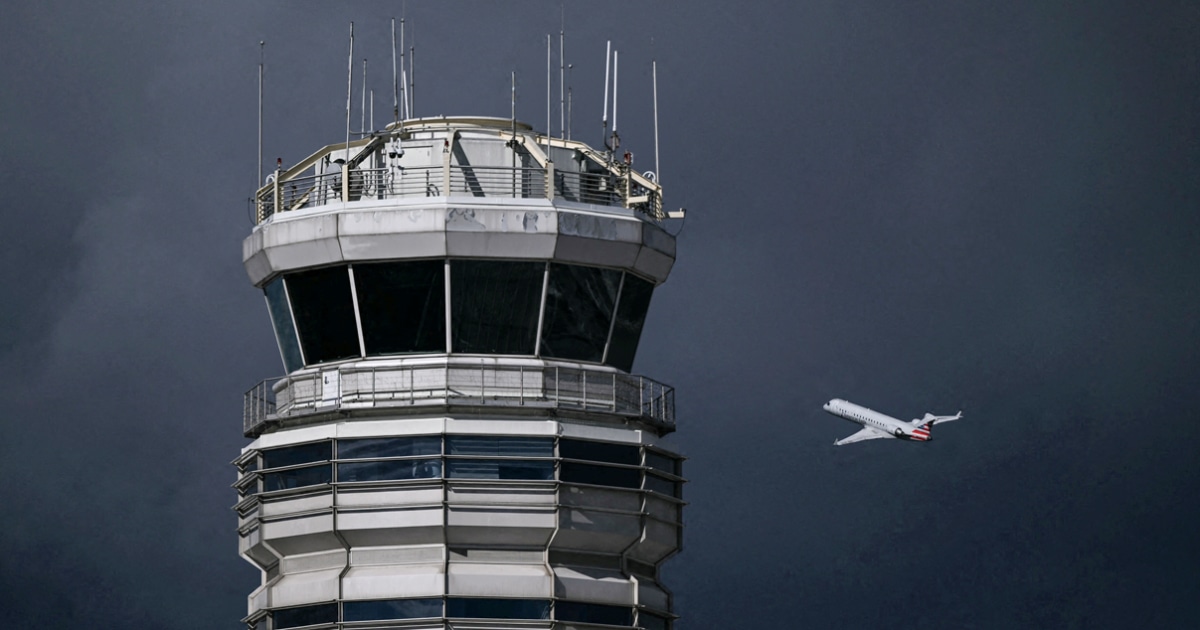Government Shutdown Intensifies Air Traffic Controller Crisis, Causing Widespread Flight Delays
The government shutdown causes air traffic controllers to miss paychecks, leading to increased sick calls and nationwide flight delays, exacerbating staffing shortages.

Airlines are feeding air traffic controllers as they miss their first full paychecks

Federal employees manning the skies miss first paycheck amid government shutdown

Flight delays more common as US government shutdown drags on

Air traffic controllers are now working without pay. Some are grappling with how to pay for the medicine needed to keep their children alive
Overview
Air traffic controllers are missing paychecks during the government shutdown, leading to financial hardship and increased sick calls, with some seeking second jobs to cover expenses.
These staffing shortages are causing widespread flight delays and ground stops at major airports like LAX, New York, and New Jersey, impacting travel safety nationwide.
The FAA is limiting flights and implementing ground stops to maintain safety amidst the controller shortages, as workers express frustration and financial strain.
Controllers plan nationwide leaflet distribution at airports to protest the shutdown, highlighting their plight and calling for an end to the government impasse.
Transportation Secretary Sean Duffy and NATCA President Nick Daniels acknowledge the severe pressure on controllers, noting the shutdown worsens the existing shortage of about 3,000 air traffic controllers.
Analysis
Center-leaning sources frame this story by emphasizing the severe personal and professional toll of the government shutdown on air traffic controllers. They highlight "mounting financial stress" and "already understaffed" conditions, linking these directly to increased flight delays and safety concerns. The narrative prioritizes emotional accounts and calls for an end to the shutdown, creating a sense of urgency and hardship.
FAQ
Sean P. Duffy unveiled a new package aimed at increasing retention of experienced air traffic controllers and accelerating hiring and training of new controllers to address staffing shortages.
During the government shutdown, air traffic controllers missed paychecks, which caused financial stress, increased sick calls, and some seeking secondary jobs, resulting in staffing shortages that led to widespread delays and ground stops at major airports to maintain safety.
Long-term challenges include the need for hiring many more controllers than historically done, speeding their training process, fully training controllers on all necessary positions, and managing workforce fatigue; these fixes are expected to take five to ten years.
The demanding nature of the job, stringent hiring requirements, physical and psychological stamina needed, and competition from other jobs contribute to staffing shortages; improving pay and working conditions is seen as vital to recruitment and retention.
Recommendations include training managers to use shift scheduling software to optimize coverage and reduce fatigue, and strategically transferring and placing controllers where needed to better align staffing levels in the short term.
